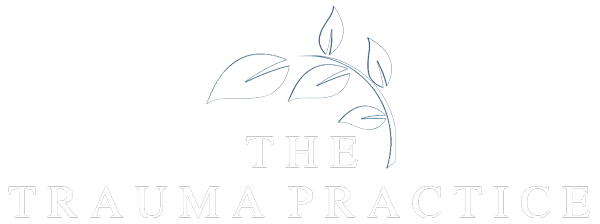
Our CPT therapy is used specifically for individuals who are serving or have served in the armed forces or emergency services.
Repetitive trauma experiences are common as is the likelihood of coming into contact with future traumatic experience. Cognitive Processing Therapy (CPT) addresses issues commonly experienced by members of the armed forces and emergency services.
Groups Who Could Benefit From Cognitive Processing Therapy
- Army
- Navy
- RAF
- Lifeboat Service
- Paramedics
- Police
- Firefighters
What is Cognitive Processing Therapy?
CPT is an acronym which stands for Cognitive Processing Therapy. CPT Therapy is a structured way of working with Trauma using a Cognitive Behavioural Therapy approach. It is a collaborative way of working which integrates structured sessions with homework and actions which are implemented outside therapy sessions. It is used with military personnel and emergency workers because it focuses on specific difficulties which they are likely to have. An example might be survivor's guilt.
CPT also takes into account that it is likely that these groups of workers are likely to have experienced repeated exposure to traumatic type situations and are more likely than other groups to experience them again.
The main areas which we focus on are past, present and possible future experience of trauma. We help you work with your mind and somatic experience. Our cognitive processing therapy uses aspect of cognitive behavioural therapy for the mind and stabilisation for the body. We also use aspects of eye-movement desensitisation and reprocessing therapy (EDMR) should they be needed to help you process trauma or resource yourself for possible future trauma exposure.
Cognitive Processing Therapy Focus Areas
- Psychoeducation
- Safety
- Stabilisation
- Feelings and emotions
- PTSD Symptoms
- Cognitive restructuring
- Somatic experience
- Recovery barriers
- Cognitive restructuring
- Trauma processing with EMDR
- Trauma release
- Issues around safety, trust, power and control, esteem and intimacy
Can I benefit from CPT therapy?
- Have you experienced repetitive traumas?
- Are you experiencing PTSD symptoms?
- Do you work in a profession which exposes you to traumatic experiences regularly?
- Are you in the emergency services?
- Are you in the military?
If the answer is yes to any of the above Cognitive Processing Therapy could benefit you.
What to expect from CPT Therapy?
CPT sessions involves meeting at the same time each week on a one to one basis. The therapy takes place as part of a safe therapeutic relationship with a qualified psychotherapist. Sessions last 50 minutes and involves talking, processing and some somatic work.
We also schedule in activities, homework and reading in between sessions to help you move forward and get back to living a healthy meaningful life.
How long will CPT Therapy last?
It requires a commitment of at least twelve weeks and involves homework and reading outside therapy sessions. Don’t worry if you have any literacy difficulties as we can work around these with other ways of working.
What are the benefits of CPT Therapy?
- Feeling safe again
• Restoring the body back to homeostasis
• Reconnecting with yourself and the world
• Feeling grounded
• Preparing for possible future trauma exposure if you are in a front-line profession
• Eliminates PTSD symptoms
• Thinking positively about the world and yourself
• Regain your personal power
